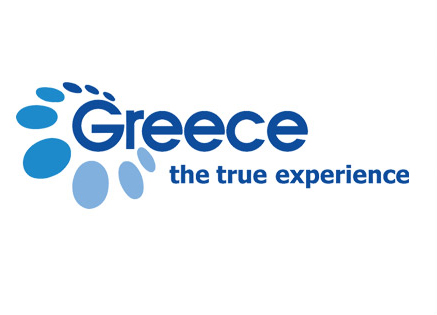GREECE THE BIRTHPLACE OF CIVILIZATION
The region was already settled, and agriculture initiated, during the Paleolithic era as evidenced by finds at Petralona and Franchthi caves (two of the oldest human habitations in the world). Greek history starts in the Neolithic Age (c. 6000 – c. 2900 BCE) with many settlements surviving until today all over continental Greece as well as Crete. The Cycladic Civilization (c. 3200-1100 BCE) flourished in the islands of the Aegean Sea (including Delos, Naxos and Paros) and provides the earliest evidence of continual human habitation in that region.
The Minoan Civilization (2700-1500 BCE) developed on the island of Crete, and rapidly became the dominant sea power in the region. The term `Minoan’ was coined by the archaeologist Sir Arthur Evans, who uncovered the Minoan palace of Knossos in 1900 CE and named the culture for the ancient Cretan king Minos. The name by which the people knew themselves is not known. The Minoan Civilization was thriving, as the Cycladic Civilization seems to have been, long before the accepted modern dates which mark its existence and probably earlier than 6000 BCE.
The Minoans developed a writing system known as Linear A (which has not yet been deciphered) and made advances in ship building, construction, ceramics, the arts and sciences, and warfare. King Minos was credited by ancient historians (Thucydides among them) as being the first person to establish a navy with which he colonized, or conquered, the Cyclades. The eruption of the volcano on the nearby island of Thera (modern day Santorini) between 1650 and 1550 BCE, and the resulting tsunami, is acknowledged as the final cause for the fall of the Minoans. The isle of Crete was deluged and the cities and villages destroyed. This event has been frequently cited as Plato’s inspiration in creating his myth of Atlantis in his dialogues of the Critias and Timaeus.
The Mycenaean Civilization (approximately 1900-1100 BCE) is commonly acknowledged as the beginning of Greek culture, even though we know almost nothing about the Mycenaeans save what can be determined through archaeological finds and through Homer’s account of their war with Troy as recorded in The Iliad. They are credited with establishing the culture owing primarily to their architectural advances, their development of a writing system (known as Linear B, an early form of Greek descended from the Minoan Linear A), and the establishment, or enhancement of, religious rites. The Mycenaeans appear to have been greatly influenced by the Minoans of Crete in their worship of earth goddesses and sky gods, which, in time, become the classical pantheon of ancient Greece.
The Golden Age of Athens (500-400 BCE), when Pericles initiated the building of the Acropolis and spoke his famous eulogy for the men who died defending Greece at the Battle of Marathon in 490 BCE. Greece reached the heights in almost every area of human learning during this time and the great thinkers and artists of antiquity (Phidias, Plato, Aristophanes, to mention only three) flourished. Democracy (literally Demos = people and Kratos = power of the people) was established in Athens allowing all male citizens over the age of twenty a voice in government. The Pre-Socratic philosophers, following Thales’ lead, initiated what would become the scientific method in exploring natural phenomena. Men like Anixamander, Anaximenes, Pythagoras, Democritus, Xenophanes, and Heraclitus abandoned the theistic model of the universe and strove to uncover the underlying, first cause of life and the universe.
This era ended with the rise of Alexander the Great. Alexander’s legacy includes the cultural diffusion his conquests engendered, such as Greco-Buddhism. He founded some twenty cities that bore his name, most notably Alexandria in Egypt. Alexander’s settlement of Greek colonists and the resulting spread of Greek culture in the east resulted in a new Hellenistic civilization, aspects of which were still evident in the traditions of the Byzantine Empire in the mid-15th century . Alexander became legendary as a classical hero in the mold of Achilles, and he features prominently in the history and mythic traditions of both Greek and non-Greek cultures. He became the measure against which military leaders compared themselves, and military academies throughout the world still teach his tactics.He is often ranked among the most influential people in human history, along with his teacher Aristotle.
Rallis Travel is here for you, recommending the top medieval & cultural destinations in Greece!!!



